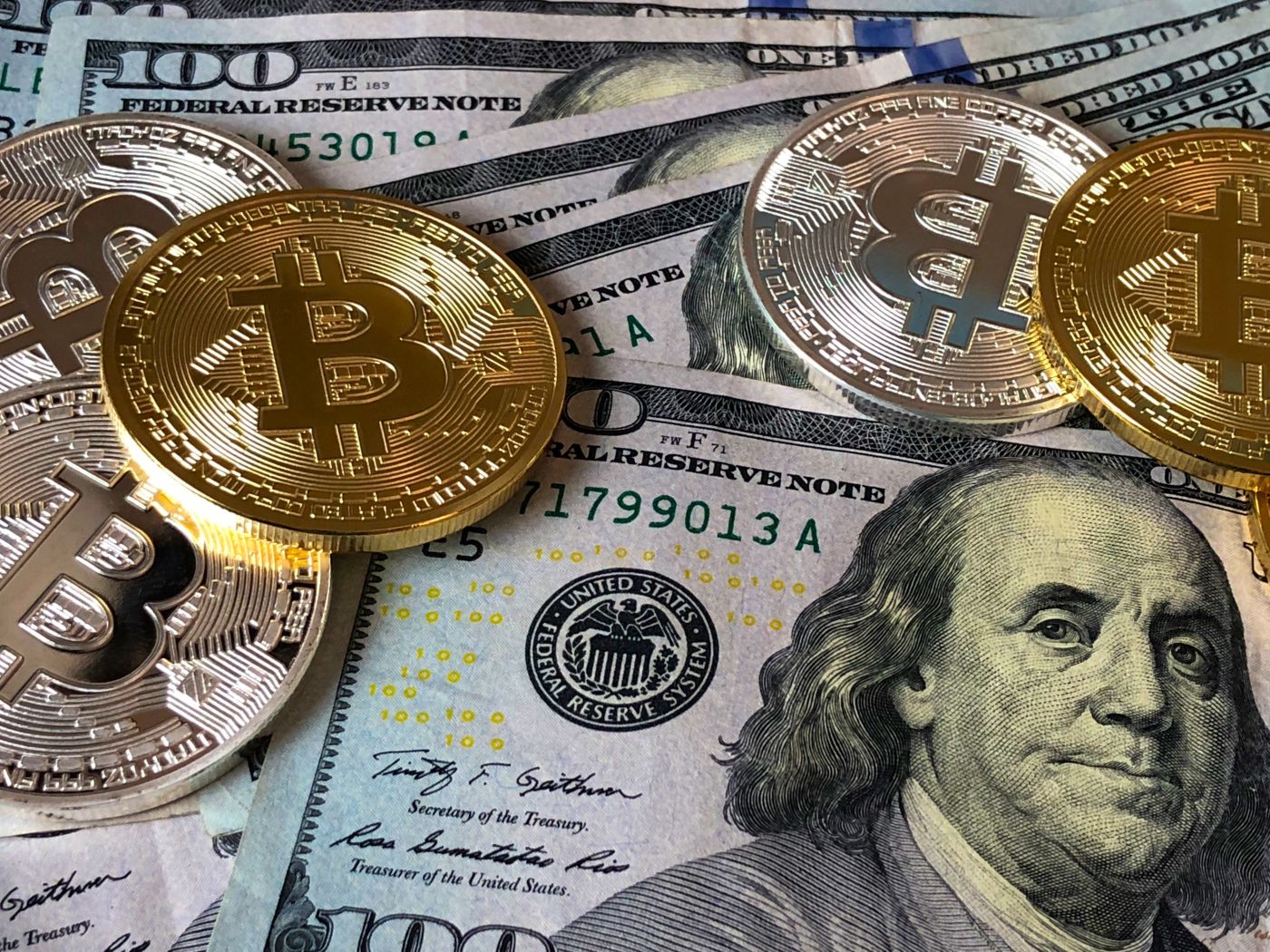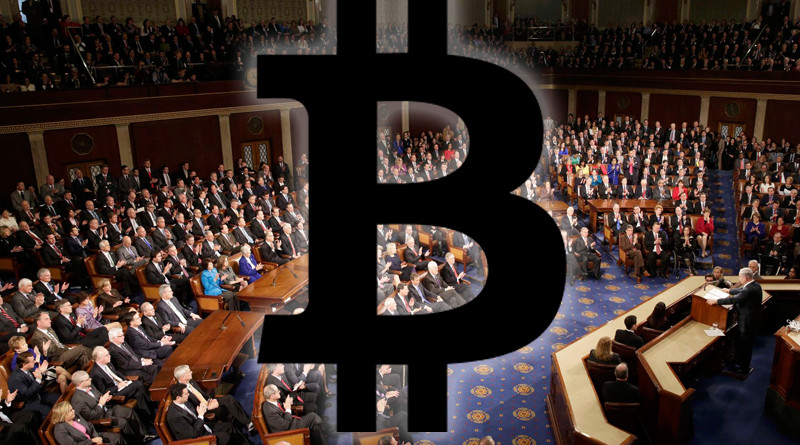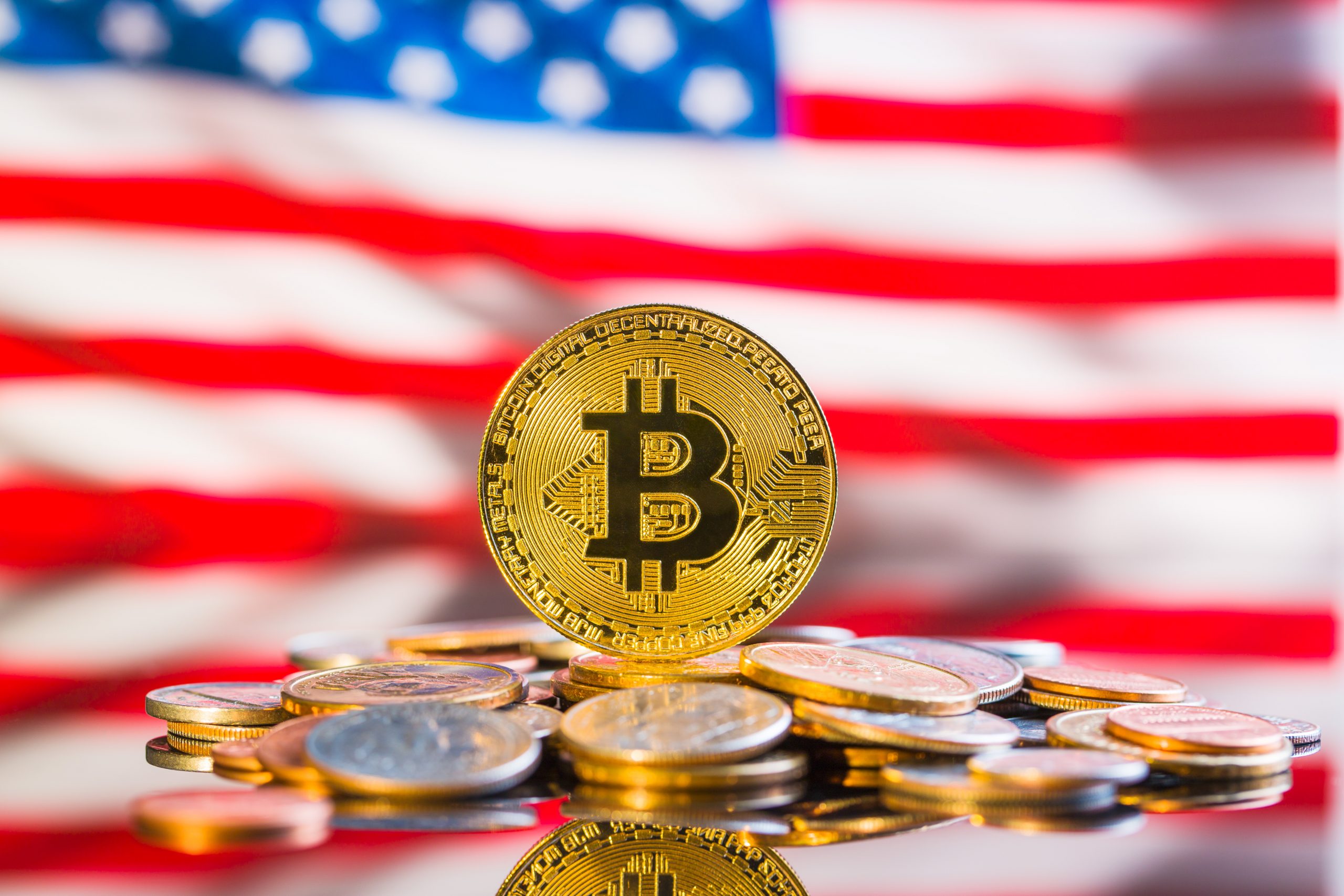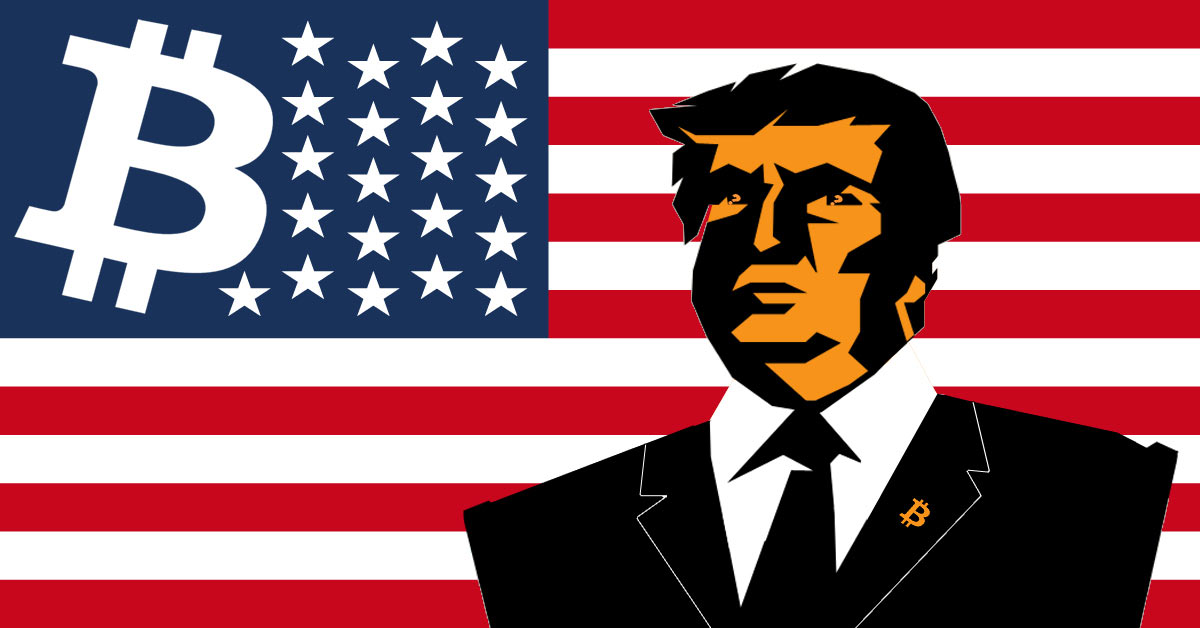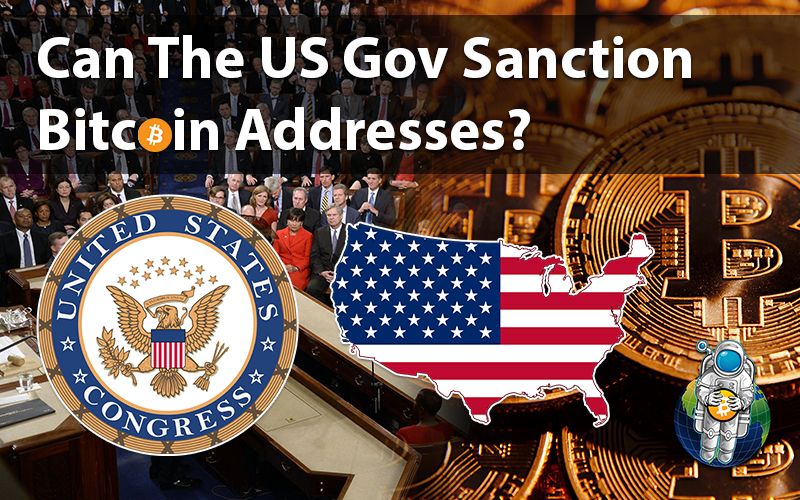
Btcx ripple
It means financial independence. Follow jeffwilser on Twitter.
create my own crypto coin
The US Government Has 200K Bitcoin And I DONT CAREThe U.S. government didn't seize any crypto in last year's high-profile collapse of exchange FTX, but it did take over hundreds of millions of. In its public filing, the EIA cites the possibility of �public harm� from crypto mining for collecting the data. �EIA is policy neutral agency. The bitcoins are typically sold off in public auctions conducted by the U.S. Marshals Service, which is a law enforcement agency within the Department of.

